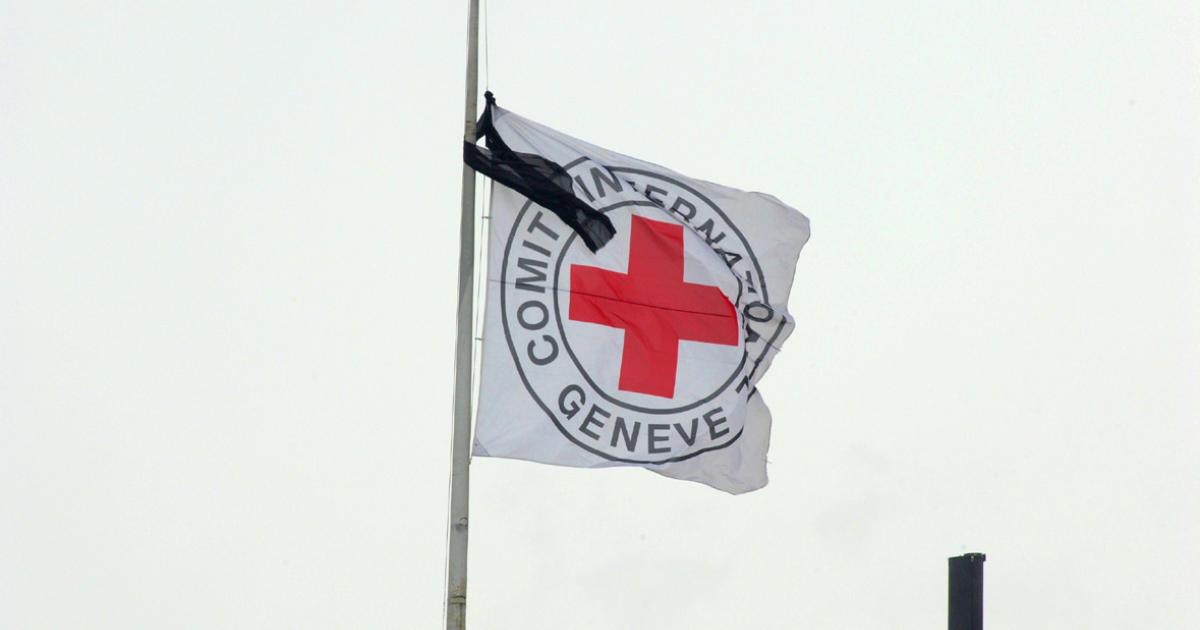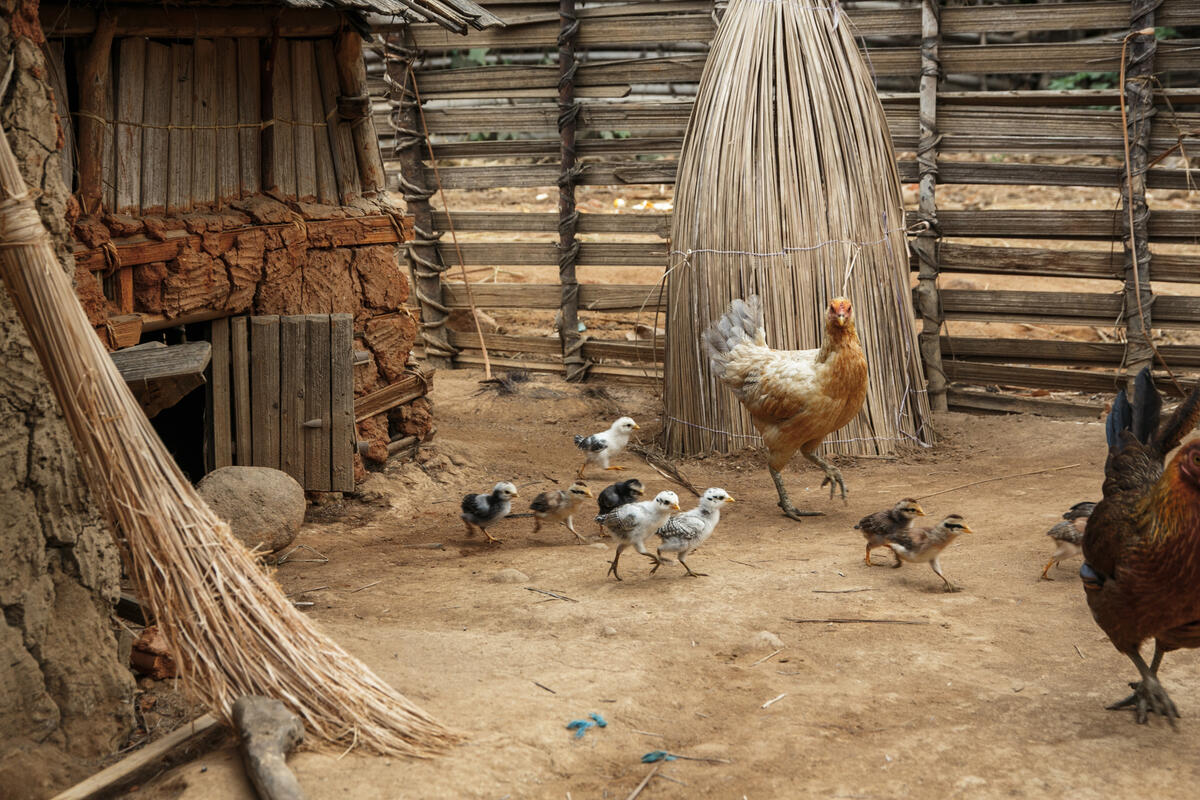- Rail operations will recommence on the Parkes to Broken Hill line on the week commencing 23 January
- Services were significantly impacted after unprecedented flooding damaged 18 sites late last year
- ARTC and John Holland have worked diligently to restore services on the vital east-west link
The Australian Rail Track Corporation (ARTC) is pleased to announce the Parkes to Broken Hill line will reopen on the week commencing January 23rd, 2023 after being closed in October due to damage from flooding.
ARTC has been working hard to restore services that were significantly impacted by the record-breaking flooding that hit central west New South Wales in late 2022.
The reopening of the Broken Hill line will restore full capacity on the ARTC network between New South Wales, South Australia, and Western Australia.
On the Broken Hill line between Condobolin and Ivanhoe, eighteen sites required substantial repair, with ballast and formation washed away.
Up to 60 workers utilising 45 items of major plant have worked over 22,000 hours across the sites to repair damage. Works conducted include track repair, restoring 10,500 tonnes of ballast, tamping, and restoring impacted level crossings and signals.
Upon reopening, temporary speed restrictions will be in place at the repaired sites and will be gradually removed.
With services set to resume on the Broken Hill line next week, ARTC reminds motorists and pedestrians to take care around level crossings and observe all signs and signals.
ARTC Group Executive Interstate Network Simon Ormsby said:
“We are pleased to announce a reopening date for the Broken Hill line, and we recognise that the line is a vital link in getting goods across the country.
“We would like to thank our customers for their patience during the network shutdown, we appreciate the challenges the shutdown caused with services diverted through Melbourne.
“We would also like to extend our thanks to our contractor partners for helping us get these essential works done in extremely challenging conditions.”







